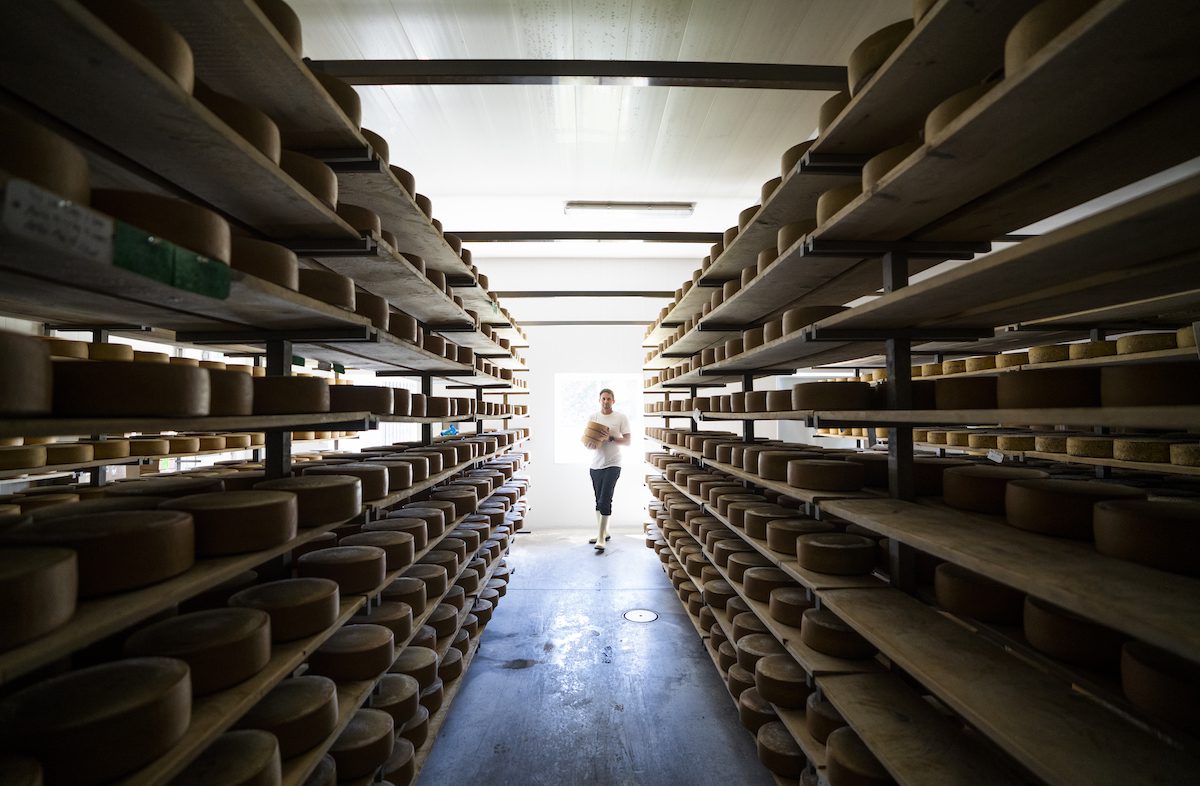In an interview with USA Today, Travel and Leisure Magazine Features Director, Nilou Motamed, opened with ?our readers are food obsessed!?.A� She went on to say that their readers are planning their trips around their meals.
 This USA Today interview is just one of the many points that prove culinary travel is not only a growing trend, but has reached the mainstream.
This USA Today interview is just one of the many points that prove culinary travel is not only a growing trend, but has reached the mainstream.
Some of the stats and research that have been highlighted in past editions of Tasty Tidbits confirmed that culinary tourism, and the role food plays in choosing a destination, is on the rise. However, there are also many other sources of ?real-world� cues that reflect our increasingly food-loving culture and how that translates to travel choices.
One of those cues is media; both the programming being developed as well as stories being covered. Media has the power to create new trends and to bring niche trends to the masses.
 The growth of food-related television programming over the past few years has been significant. Most recently, an increasing number of shows are featuring food with travel and food as a motivator to travel to a destination.
The growth of food-related television programming over the past few years has been significant. Most recently, an increasing number of shows are featuring food with travel and food as a motivator to travel to a destination.
Here are a few examples:
- The Travel Channel has introduced Foodtripper ?for people who travel to eat?.
- Food Network has just launched Around the World in 80 Plates. Chefs travel to a different international city where they learn the local customs, cultures, and cuisines as they participate in a gauntlet of culinary challenges.
- The Travel and Experience network has expanded their culinary focused travel shows beyond Anthony Bourdain�s No ReservationsA�and added The Layover where Anthony has limited time to discover what is unique about various destinations through food.
- The incredibly successful Diners, Drive-ins and Dives showcases destinations all across the US based on their authentic food experiences. A�A visit from Guy Fieri has resulted in line-ups at featured establishments and even turned businesses around with the number of visitors and tourists the show generated.
The list could go on and on. The point: networks don�t create programming that doesn�t generate significant audiences. There is clearly a mainstream interest in culinary travel.
Even CNN has reported on culinary tourism in their piece entitled ?A growing taste for culinary tourism?. They note that is has been recognized as a growing travel trend. Several of their sources ?credit the Food Network and other food-themed programming with helping to boost interest in food and culinary travel.? A�They conclude with “When you travel through the world exploring food, you get this interesting window about the culture and the environment because food is the bridge between the land and the culture.”
More evidence of the growing trend can be found in print and online publications and their increasing focus on the subject. There are endless articles relating to culinary experiences in destinations, culinary tours, destination cooking schools and so on.
In their “Most Important Travel Trends of 2012” article, Travel and Leisure identifies improvement of the culinary offering at airports as a key trend � again demonstrating the importance of good food to travelers and a means for airports to further differentiate and improve the experience. This can be seen close to home with the new food experiences coming to Pearson airport.

Michelin has now developed new guide books; Michelin Food & Travel excursions – all customizable to suit the traveler’s personal taste. It is currently available in France but guides for Italy, England, and the United States are on their way.
 Further evidence of our food-focused culture and the interest in culinary travel is the wide range of apps that have been developed in this area. By 2011, Foodspotting had already hit over 1 million downloads.
Further evidence of our food-focused culture and the interest in culinary travel is the wide range of apps that have been developed in this area. By 2011, Foodspotting had already hit over 1 million downloads.
There is even a food/travel app that has been developed by Askmen.com in partnership with Foodspotting specifically targeted to males. ?Alpha Meals� has them traveling the world documenting the places and the food that delivers a “guide to eating like a man”.
There has never been more attention or interest around food and culinary driven travel. Consequently, it has also never a better time to develop culinary tourism as a differentiator and economic driver. AsA�Ian Yeoman, futurologist specializing in travel and tourism notes, ” Food is the new culture capital of a destination, as if culture has moved out of the museum to become a living experience of consumption.?
Is local food and drink working to boost your community�s economy and generate high value culinary tourists?
For more information about developing culinary tourism strategies, products and experiences, please contact OCTA at [email protected].





